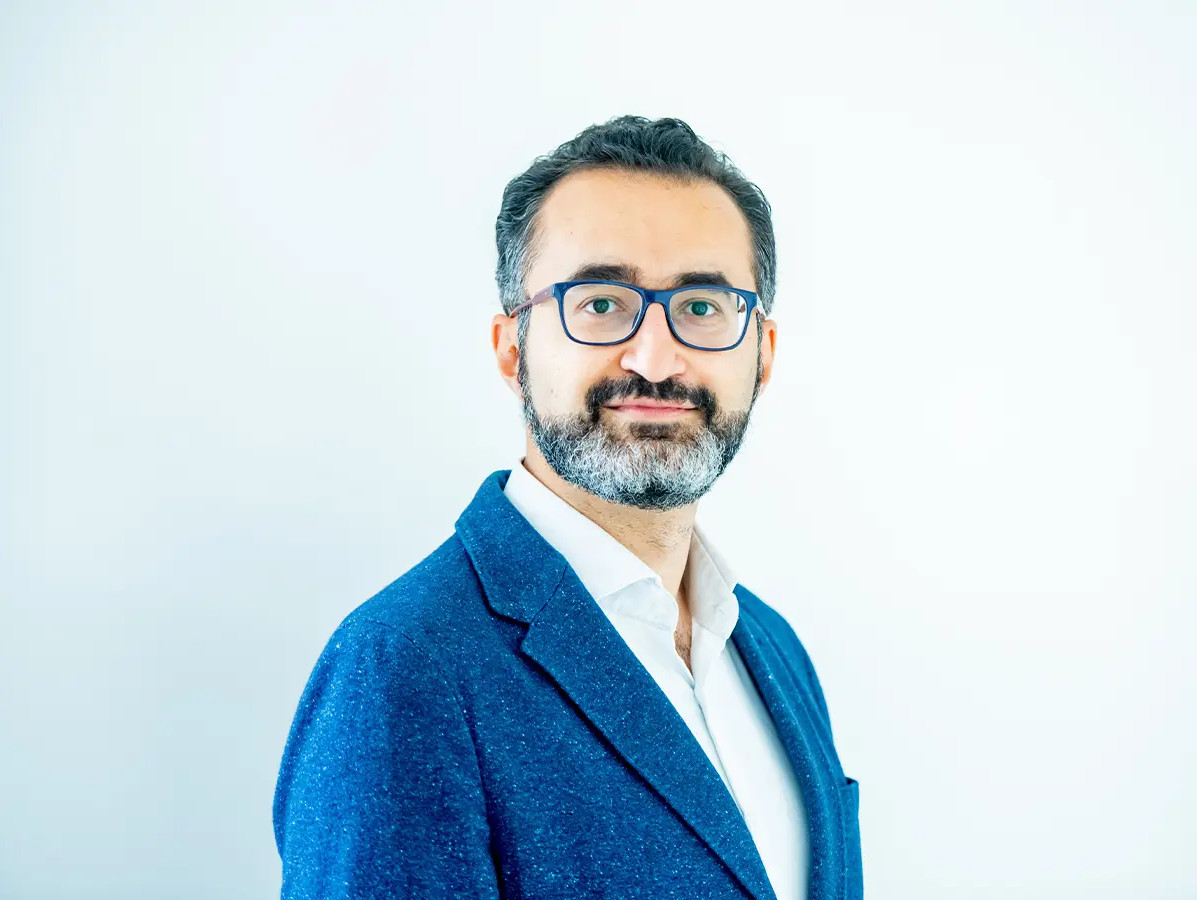
In the world of alternative proteins and cultivated meat, pilot plants—also known as CMOs—are essential. They serve as the bridge between innovation and large-scale production. But for many Dutch pilot plants, survival without financial support remains a challenge. They often stay heavily dependent on subsidies, while successful examples abroad demonstrate that independence is possible. Take Bio Base Europe in Belgium and Fraunhofer CBP in Germany. Both CMOs started with government funding but now operate largely independently thanks to strategic partnerships and a sharp focus on specialization.
In the Netherlands, however, we often see a tendency to build large, dedicated facilities, which require substantial capital and prolonged subsidies. Dutch pilot plants could benefit from less capital-intensive solutions, such as co-manufacturing and strategic collaborations. This reduces costs and increases flexibility—exactly what’s needed to scale up in this growing market.
Another strategy is to target niche markets within alternative protein, such as plant-based or precision fermentation-based dairy alternatives. By specializing and securing long-term contracts with major food companies, Dutch CMOs can operate more sustainably without constantly relying on subsidies.
Subsidies are certainly useful during the startup phase, but once commercial contracts and investors are within reach, it’s time to stand on their own two feet. The idea that companies, even with venture capital, continue to depend on government support feels like giving a runner a push every kilometer of a marathon—and that takes away the competition and strength.
If the Netherlands wants to remain a serious player in alternative proteins, our CMOs must learn to swim without a permanent life jacket. It’s time for Dutch pilot plants to shift their focus toward sustainable commercial models and reduce their dependence on subsidies.
Sina Salim
Innovation broker and supervisor
Source: Vakblad Voedingsindustrie 2025